
My Thoughts
Prologue – Gymnopédies – is a surprising little manga collection that I found on a whim while looking for more work by Natsujikei Miyazaki. It is part of a project that seeks to collaborate between manga and music, a novel concept. The music that inspired this collection is Gymnopédies by Erik Satie. Six lesser-known mangakas were asked to create a short one-shot manga that is inspired by the titular track.
 Gymnopédies is a soft piano track that to me elicited a dreamy yet somber feeling. I felt that most of the manga fit the theme of the music well, and I enjoyed reading it while listening to the track in the background. Some of the manga didn’t contain a single line of text or dialogue, such as in Gentle Water and A Certain Student Gymnopedies, yet both pieces had some of the greatest impacts on the reading experience.
Gymnopédies is a soft piano track that to me elicited a dreamy yet somber feeling. I felt that most of the manga fit the theme of the music well, and I enjoyed reading it while listening to the track in the background. Some of the manga didn’t contain a single line of text or dialogue, such as in Gentle Water and A Certain Student Gymnopedies, yet both pieces had some of the greatest impacts on the reading experience.
The art styles varied wildly but each had a degree of charm, I was particularly impressed with the art styles of Yoso Machi and Murai. For a Quiet Night’s Sleep was by far my favorite and it was the most heartfelt of the entire collection. The art was beautiful and the story was really touching. I didn’t care much for Déjà vu nor Slowly, as if in pain, though the latter at least had a little bit of humor.
In all, this was an obscure and charming little collection that makes for a relaxing read that can be completed it one sitting. It is highly recommended to read it while listening to the accompanying track, as it is the way it is intended to be read and it really adds to the reading experience.
Rating:

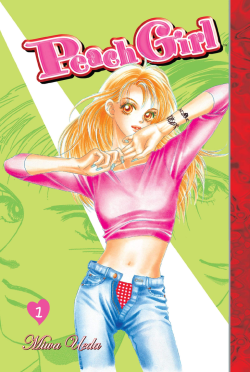
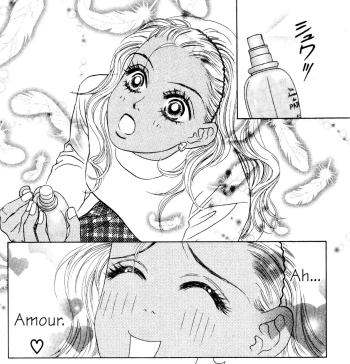 Peach Girl is a nostalgic series for me, it is one of the first shojo series that I really got hooked onto. I loved the bold art style and the characters, the romance, the drama. I really related a lot to Momo, an outgoing but insecure girl that worries about her tanned skin and struggles with a manipulative and jealous friend, Sae.
Peach Girl is a nostalgic series for me, it is one of the first shojo series that I really got hooked onto. I loved the bold art style and the characters, the romance, the drama. I really related a lot to Momo, an outgoing but insecure girl that worries about her tanned skin and struggles with a manipulative and jealous friend, Sae.
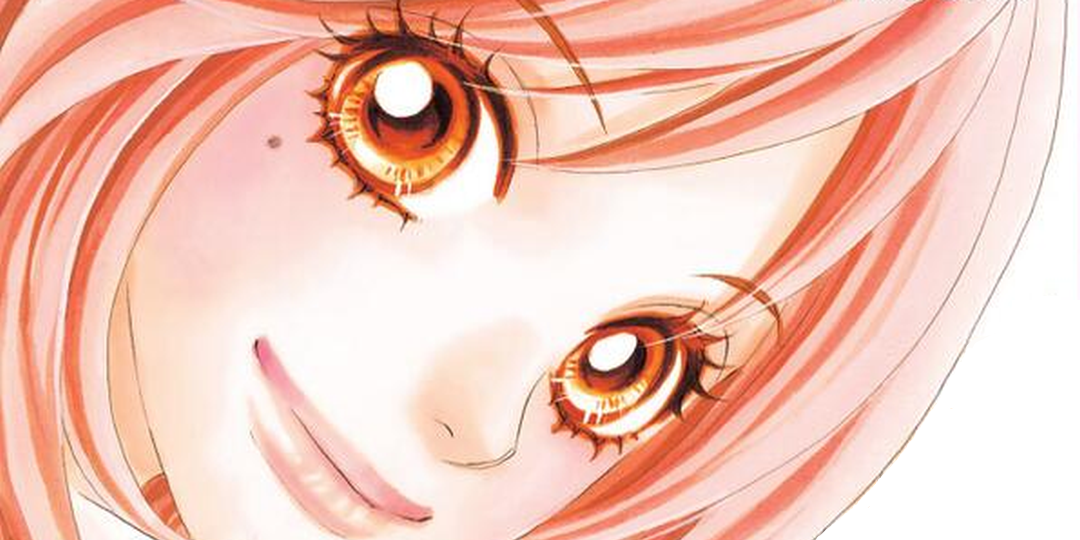
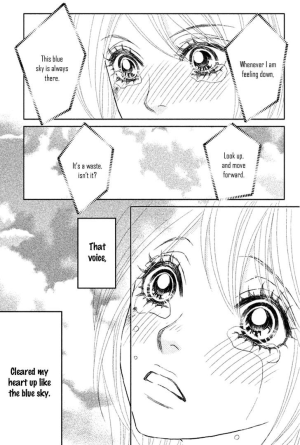 Love confessions are one of those things from my youth that I honestly miss. Confessing to the person that you have a crush on is nerve-wracking, and when looking back there are often so many missed opportunities. I remember the crushing feeling the first time I found out that a high school crush that I had been nursing for months ended up becoming a friend’s boyfriend. This happened a few times, I never felt sour about it but shrugged it off that I was just too slow to act on those feelings.
Love confessions are one of those things from my youth that I honestly miss. Confessing to the person that you have a crush on is nerve-wracking, and when looking back there are often so many missed opportunities. I remember the crushing feeling the first time I found out that a high school crush that I had been nursing for months ended up becoming a friend’s boyfriend. This happened a few times, I never felt sour about it but shrugged it off that I was just too slow to act on those feelings.

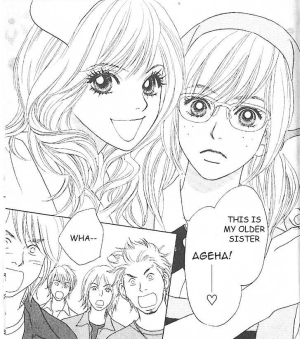 What a disaster, a downright sloppy mess with an awful plot and annoying characters. Papillon is a drama filled teen romance manga about competing twins that tries to dig into some touchy subjects like insecurity, childhood abandonment, post-partum depression, and traumatic loss.
What a disaster, a downright sloppy mess with an awful plot and annoying characters. Papillon is a drama filled teen romance manga about competing twins that tries to dig into some touchy subjects like insecurity, childhood abandonment, post-partum depression, and traumatic loss.

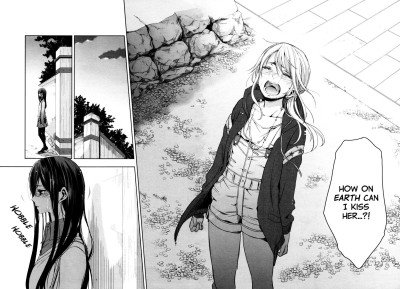 Citrus had been on my radar for a while being one of the more well-known Shoujo Ai manga available in the west. I finally sat down to read it and found myself feeling conflicted about it. The art is spectacular and the manga is worth reading to appreciate that in itself. The characters and the story can be charming and genuinely heartfelt at points, and horribly cliche and boring at other points. My ratings for each volume ended up moving up and down wildly and left me wondering how much I really enjoyed it.
Citrus had been on my radar for a while being one of the more well-known Shoujo Ai manga available in the west. I finally sat down to read it and found myself feeling conflicted about it. The art is spectacular and the manga is worth reading to appreciate that in itself. The characters and the story can be charming and genuinely heartfelt at points, and horribly cliche and boring at other points. My ratings for each volume ended up moving up and down wildly and left me wondering how much I really enjoyed it.
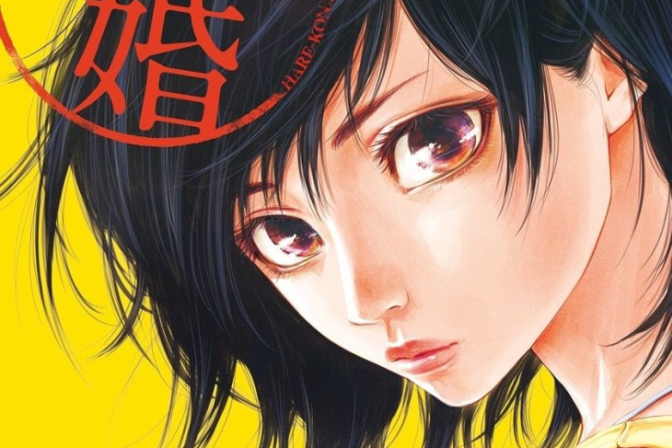
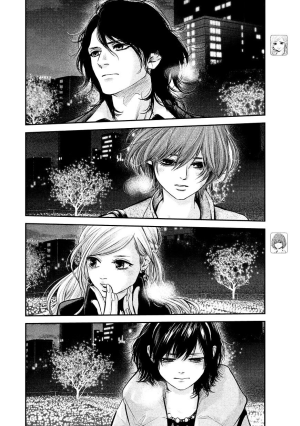 Harems are a dime a dozen in the world of anime and manga, portrayed as the ultimate male fantasy and often played for laughs, it’s a trope that is riddled with issues while not portraying polygamy with any real accuracy beyond gratuitous sex. For some, polygamy is an alternative lifestyle that can be fulfilling and painful for others.
Harems are a dime a dozen in the world of anime and manga, portrayed as the ultimate male fantasy and often played for laughs, it’s a trope that is riddled with issues while not portraying polygamy with any real accuracy beyond gratuitous sex. For some, polygamy is an alternative lifestyle that can be fulfilling and painful for others. To say that this series is frustrating is an understatement, there are many issues with the way that the story is presented spearheaded by a husband that is unabashedly detestable at times. Ryuunoske could be charming and funny, but he is also extremely selfish and manipulative. Koharu “falling in love” was also extremely weak, she goes overnight from hating that she feels forced into a sham marriage to suddenly deciding that her unhappiness must mean that she’s jealous and in love.
To say that this series is frustrating is an understatement, there are many issues with the way that the story is presented spearheaded by a husband that is unabashedly detestable at times. Ryuunoske could be charming and funny, but he is also extremely selfish and manipulative. Koharu “falling in love” was also extremely weak, she goes overnight from hating that she feels forced into a sham marriage to suddenly deciding that her unhappiness must mean that she’s jealous and in love.